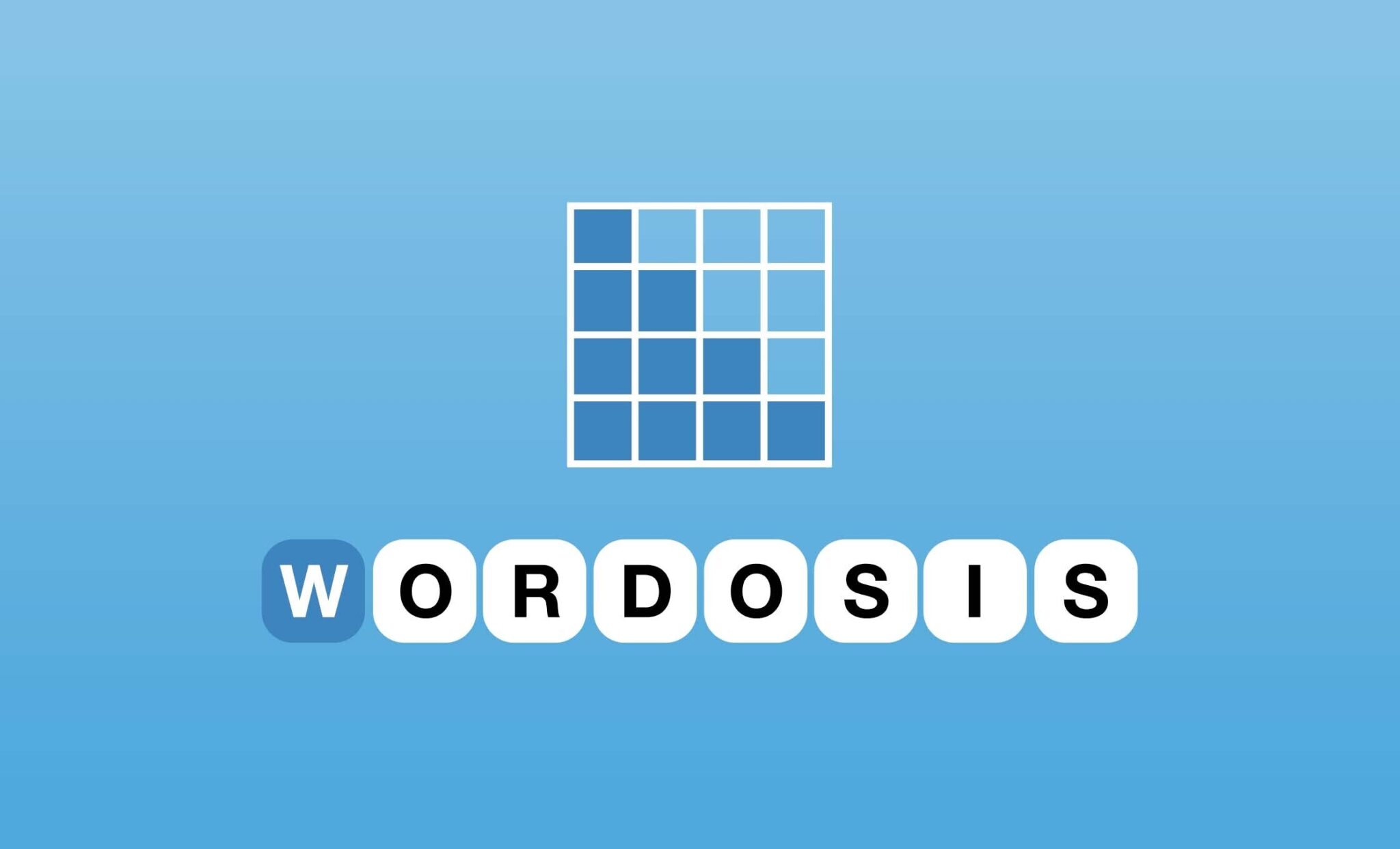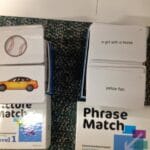Ever feel overwhelmed by medical jargon? Wordosis, a Wordle-inspired game, may be the prescription for your vocabulary woes. This daily puzzle challenges players to decipher a new medical term, making learning medical lingo surprisingly engaging. But is it more than just a game? Let’s delve into the world of Wordosis and explore its potential impact on medical education and communication.
What is Wordosis?
Wordosis is a daily word-guessing game, akin to Wordle, but with a medical vocabulary twist. Players have six attempts to guess the hidden medical term, receiving color-coded feedback after each attempt. This gamified approach to learning medical terminology has garnered significant attention, with nearly 2 million plays since its launch. But what makes it so appealing?
How to Play
The gameplay is refreshingly straightforward:
- Locate the Game: You can find Wordosis within the “Break Room” section on the MedPage Today website, its birthplace, as well as on platforms like Connections NYT, Word Games, Globle Game, and LikeWordle. [https://www.lolaapp.com/]
- Enter Your Guess: Input a valid medical term into the grid.
- Interpret the Clues: After each guess, the tiles change color:
- Bright Blue: The letter is correct and in the right position.
- Light Blue: The letter is correct but in the wrong position.
- Gray: The letter is not in the word.
- Refine Your Guesses: Use the color-coded feedback to strategically refine your subsequent guesses until you crack the code or exhaust your six tries.
Benefits of Playing
While undeniably entertaining, Wordosis offers several potential benefits:
- Enhances Medical Vocabulary: Regular play passively expands your medical lexicon.
- Gamified Learning: Transforms potentially tedious vocabulary acquisition into an engaging daily challenge.
- Mental Agility: Provides a stimulating mental workout.
- Sparks Curiosity: Encounters with unfamiliar terms can encourage deeper exploration of medical concepts.
Wordosis vs. Wordectomy
MedPage Today also offers Wordectomy, a more complex word puzzle featuring longer medical words and phrases. While Wordosis provides a quick, daily challenge, Wordectomy offers a more intricate and demanding linguistic workout. The relationship between the two games suggests MedPage Today’s commitment to exploring different formats of gamified medical learning. [https://www.lolaapp.com/]
Wordosis as a Learning Tool
Some experts believe Wordosis could be more than just a game, potentially serving as a valuable learning tool in medical education and professional development. Could it one day be integrated into medical curricula or used as a vocabulary refresher for seasoned professionals? Further research is needed to explore its pedagogical value. [https://www.lolaapp.com/]
The Power of Community
Wordosis promotes social interaction, allowing players to share their results and compare strategies. This shared experience fosters a sense of community among healthcare professionals and enthusiasts, creating a virtual space for discussion and connection. The potential impact of this community on medical communication and collaboration warrants further investigation.
Tips and Tricks for Mastering Wordosis
Want to boost your Wordosis performance? Here are some strategies:
- Strategic Starting Words: Begin with common medical prefixes or suffixes (e.g., “-itis,” “cardio-“) and prioritize vowels.
- Tile Analysis: Carefully analyze the color-coded feedback to deduce letter placement and eliminate possibilities.
- Contextual Clues: Consider current medical news and trends; today’s Wordosis term might be related to a recent headline.
- Medical Reasoning: Think like a clinician, considering related terms and conditions.
- Calculated Risks: If stuck, try less common letters or alternative word structures.
- Learn from Experience: Analyze past games to identify successful starting words and strategies. [https://www.lolaapp.com/] [https://www.lolaapp.com/] [https://www.lolaapp.com/]
The Future of Wordosis
Since its debut as part of MedPage Today’s “The Break Room” in April 2024, Wordosis has quickly gained traction. What lies ahead? Themed weeks focused on specific medical specialties? Leaderboards and competitive play? Different difficulty levels? The possibilities are intriguing and suggest a bright future for this innovative medical word game.
Wordosis and the Gamification of Medical Education
Wordosis exemplifies a broader trend: the gamification of learning. By transforming medical vocabulary acquisition into an engaging game, it suggests a new approach to medical education. Could games like Wordosis become integral tools for medical training and professional development? Its popularity certainly hints at the potential of gamified learning to enhance knowledge retention and engagement within the medical field.
Advantages and Disadvantages of Wordosis
Pros:
- Improved Vocabulary: Increases exposure to and retention of medical terms.
- Engaging Learning: Makes learning fun and motivating.
- Accessibility: Available on multiple platforms and easy to play.
- Community Building: Fosters connections and discussions among players.
Cons:
- Limited Scope: Focuses solely on vocabulary, not broader medical knowledge.
- Potential for Time Consumption: Can be addictive and distract from other tasks.
- Prior Knowledge Advantage: Players with a stronger medical background may have an initial edge.
Conclusion
Wordosis successfully combines education and entertainment, making learning medical terminology an enjoyable daily challenge. Its popularity suggests a growing appetite for gamified learning in the medical field, raising intriguing questions about the future of medical education and communication. While it might not replace traditional learning methods entirely, Wordosis offers a refreshing and engaging way to enhance medical vocabulary and connect with a wider community of healthcare enthusiasts.












2 thoughts on “Decoding the Diagnosis: Wordosis and the Gamification of Medical Vocabulary”
Comments are closed.